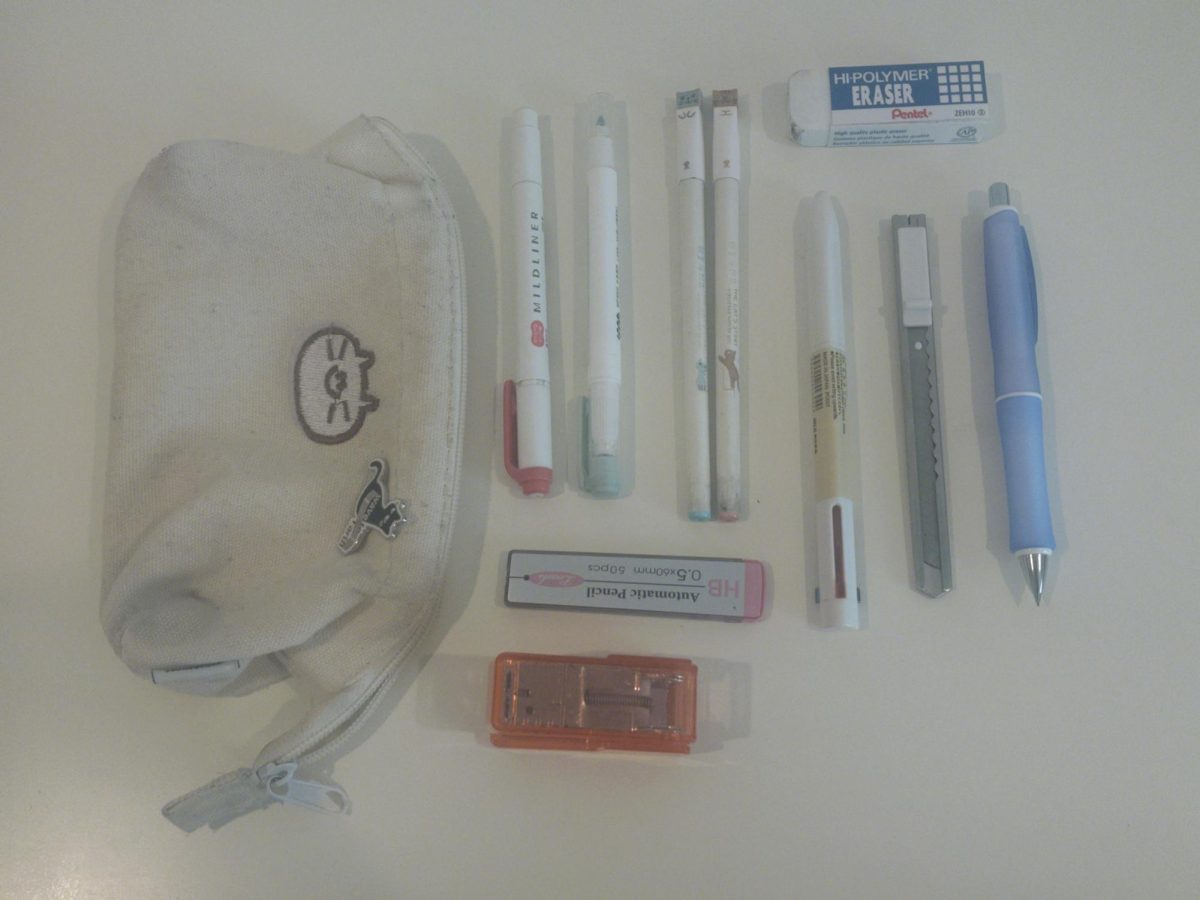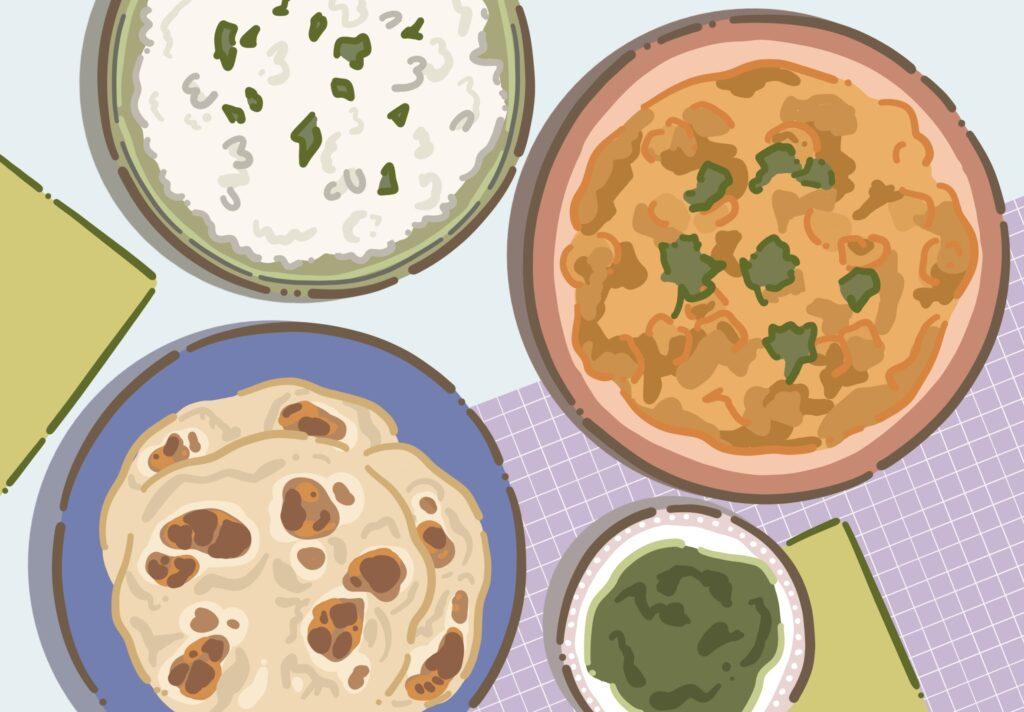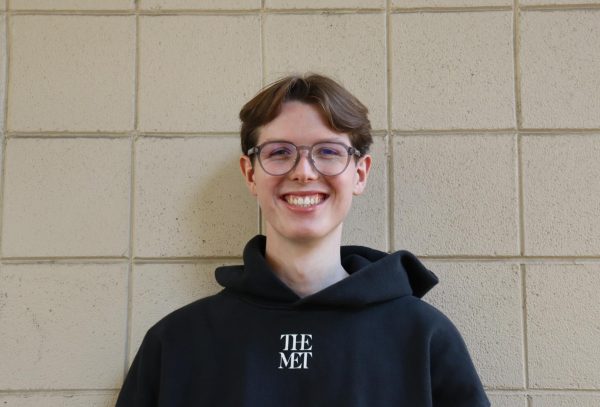I’ve been a pescetarian for the last three years, which results in a vast array of people asking me questions about my diet. In this article, I’ll try and answer all those questions.
What is pescetarianism?
Pescetarianism is a vegetarian diet with the addition of fish, which includes shellfish and all other types of seafood.
Why are you a pescetarian?
I did it for both moral and environmental reasons. Animals, specifically cows, have a massive impact on the environment. I am aware of the impact some commercial fishing practices have on the environment, but the adverse effects can be reduced with sustainable sourcing of fish.
My reasoning also comes from my morals. Livestock, such as cows and pigs, have a far more complex central nervous system than fish, so they feel more pain. While fish have pain receptors and are susceptible to feeling pain, they don’t feel it to the extent livestock animals do.
How difficult is it to be pescetarian?
The transition for me was really easy, as I always enjoyed eating fish. The key to a smooth change is actually committing to change your diet and having a reason to do so. Having some kind of motivation, such as moral or environmental reasons, will make it easier. For me, I was able to change diets the moment I decided to, but it may be easier to slowly phase out certain meats from your diet.
What do you typically eat?
I eat a wide variety of food, but my diet is primarily vegetarian-based with some fish additions thrown in on occasion. The fish in my diet mainly consist of shrimp, salmon and various white fish. I eat most seafood other than eel and octopus. I don’t like the taste of eel, and my conscience forbids me from eating octopus after watching the “My Octopus Teacher” documentary, which follows the story of an octopus and videographer becoming friends. The documentary displays their true emotional intelligence and their ability to detect and experience raw emotions.
I really only eat fish once a week, or if I am eating out. It is often easier to get fish at a restaurant than it is to get a fully vegetarian meal.
How has my diet affected my family’s diet?
All of my family are still meat eaters, but my diet has allowed them to incorporate my vegetarian meals into their diet. A lot of the time they do not dictate their meal choice around me and will make certain changes just for me. Both of my parents have increased their vegetable and fish intake as a result of my diet, but it sometimes can be a bother for them to have to cook slightly different meals.
What are some of my favorite pescetarian meals?
Any Indian food is the best kind of fully vegetarian food. Any food that is meant to be vegetarian is always going to be better than a meat dish that “pretends” to be vegetarian.
Don’t you miss other types of meat?
The short answer is no. There are some foods I miss for their nostalgic connection. While I miss sausage rolls, a British pastry filled with sausage meat, I miss the memories I associate with it more than the actual food. Thankfully, there’s a really good vegetarian version of it, which helps to limit my craving for it.
Bottomline recommendation: Pescetarianism works for me, and if you have moral reasons for wanting to stop eating meat, I think it is a great transition to vegetarianism or even veganism. Still, I have no plan to further transition into pure vegetarianism. I think pescetarianism is a great way to decipher whether you can handle a non-meat diet and navigate some of the difficulties surrounding high-vegetarian diets.





























